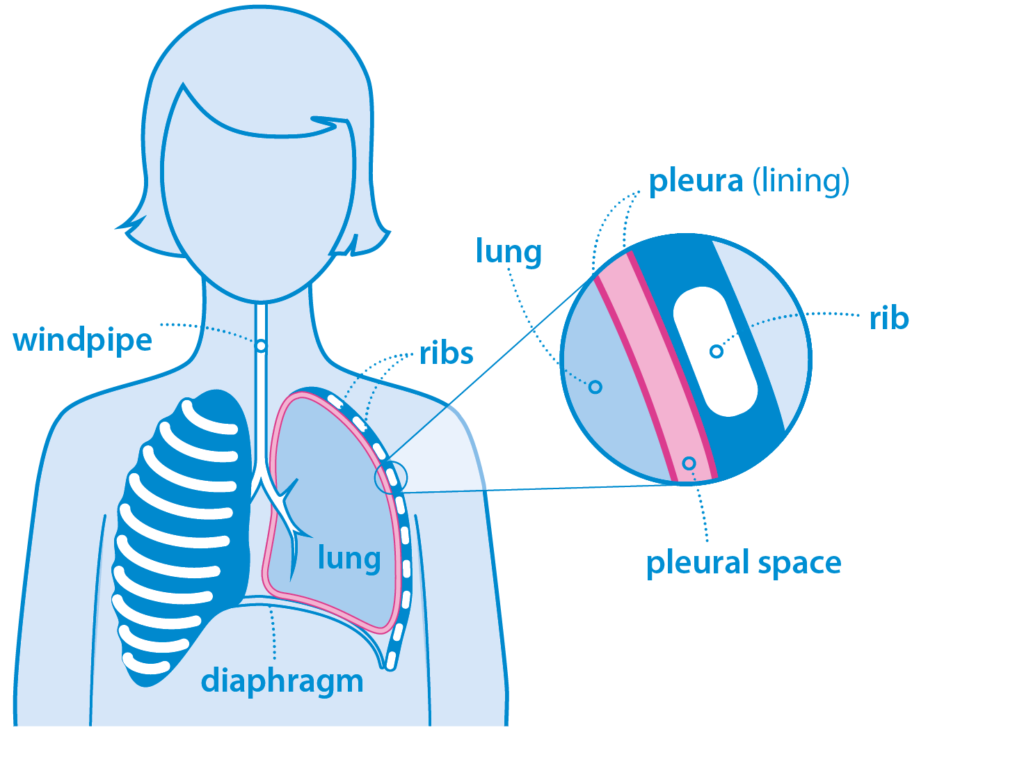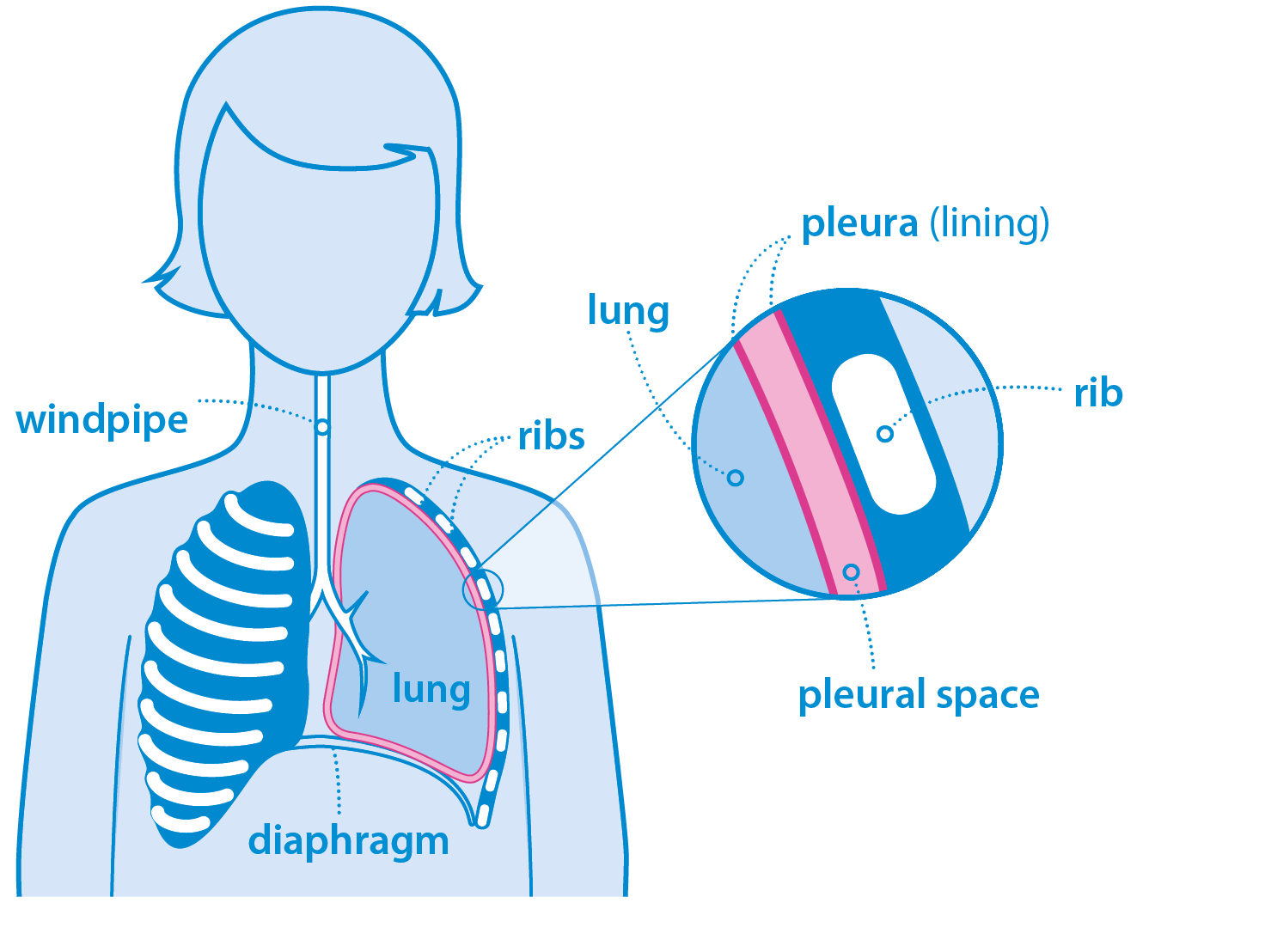
Breaking the news of a cancer diagnosis to your loved ones is never easy as there is no ideal time or manner of doing it. While some cancer patients would rather keep the information to themselves until they’re able to fully process all that a diagnosis of an aggressive form of cancer, such as mesothelioma, entails, other patients prefer telling their loved ones the blunt hard truth immediately in a bid to gather some support.
The hardest time you’ll have is breaking the news to children, but hopefully there are ways to minimize the risk of emotional trauma and help them adapt to the new state of affairs and be better prepared for what the future may hold.
When You Should Break the News
Coping with the emotional roller coaster spurred by a mesothelioma diagnosis on your own requires an exceptionally strong character or an equally strong faith in an omnipresent, all-loving and omnipotent Higher Being that will make sure that everything will be alright regardless if you make it out alive or not.
But for those of us not blessed with enough fortitude or faith to navigate through a cancer diagnosis on our own, telling your close ones about your cancer diagnosis is the next best thing to do. Sharing your pain, emotions, and fears with a compassionate soul will primarily help you break away from the loneliness and anxiety most cancer patients have to face. And having emotional support will teach your heart that you’re not on your own.
If you’re still on the fence about breaking the bad news to a loved one, keep in mind that you should only do it when you feel comfortable and safe to do so. If your gut feeling tells you to better wait or to not tell them about it at all, follow your instinct. You might not be able to handle to emotional reactions of your loved ones or the news might make your relationship worse, and your gut instinct knows it.
If you feel comfortable and safe to break the news, do it, especially if your loved one’s life will be affected by your diagnosis, if you need support (with chores, finances, or managing emotions), or if you need to assure a loved one that the way you’ve changed after the diagnosis was not their fault.
How to Tell My Loved Ones I Have Mesothelioma
There’s no right or wrong here, but you will need to be as honest as you can and not be afraid of asking for help when you need it. People do care and they are eager to help. You’ll be surprised how things and people change when you are open enough and aren’t afraid to ask for their help.
You can break the news in writing or in person, but the best way would be to have a one-on-one talk with a loved one to better help each other manage your emotions and find together the best course of action on the uncharted road that lies ahead.
How to Tell My Children I Have Cancer
Talking with children about your cancer diagnosis is one of the hardest things you’ll ever have to do. If you decide to do it anyway, stay focused on your child’s emotional well-being and don’t overshare. Assure them that the diagnosis was not their fault (small children tend to believe that it’s all their fault if something bad happens) and that they will be well taken care of if something bad happens to you.
Also, be open and honest about your diagnosis and don’t make it a taboo in your home. Allow your children to ask you even the hard questions and to check up on you whenever they feel like it. With small children, the talk should be focused on the present, while with older children and adolescents, you’ll need to address the future too.
If your children seem anxious but cannot communicate what’s wrong with you, ask them to write down their questions and concerns. More creative children may want to express their emotions through painting or drawing. Whatever happens, stay open, truthful, and hopeful. Encouraging the whole family to pray can also be a very therapeutical experience for the young ones.
Mesothelioma Life Expectancy
If you have been diagnosed with pleural mesothelioma, the average life expectancy sits between 12 months and 16 months following the diagnosis. Around 23% patients reach the three-year mark, while those undergoing aggressive therapy, including surgery, may survive 5 years or longer. Surgery has been proven to greatly improve the survival odds, even though the cancer may return after the procedure.
Conclusion
Breaking the news of a cancer diagnosis to your loved ones is never simple nor easy as there’s no perfect way of doing it. Also, talking to small kids about your diagnosis poses some challenges as you’ll have to assure them that the diagnosis is not their fault and that they will be well cared for if you’re no longer around.
What’s more, because of the short life expectancy, in the tragic event of being diagnosed with mesothelioma cancer, seeking legal help as soon as possible is also important for both your and your family’s sake. A mesothelioma lawyer can help you find the right professionals for your diagnosis and make the ones responsible for your condition pay if the cancer could have been averted.
Image credit: Pixabay
